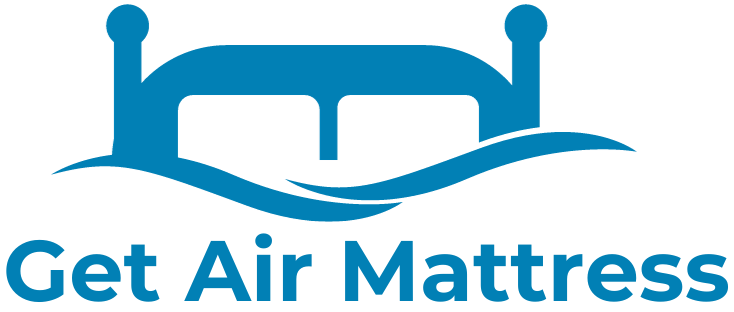
The Brazilian Butt Lift (BBL) and breast augmentation surgeries require special considerations for sleep during the recovery period. After BBL surgery, it is important to avoid putting pressure on the fat grafted areas, which means sleeping on your stomach for the first six weeks. Sleeping on your back or side should be avoided until you have fully healed. Using strategically placed pillows and a BBL pillow can help maintain the proper sleeping position and prevent rolling over onto the surgical areas. Following post-operative instructions and sleep positions is crucial for the healing process and successful integration of the fat grafts.
Understanding How to Sleep After BBL and Breast Augmentation
Proper sleep positions play a crucial role in the success of Brazilian Butt Lift (BBL) and breast augmentation surgeries. After a BBL, it is recommended to sleep on your stomach for the first six weeks to ensure the survival of the fat grafts. This technique helps distribute the fat evenly and allows the grafts to integrate properly, resulting in natural-looking contours.
The BBL process involves removing fat cells from one area of the body through liposuction and transferring them to the buttock area. To achieve the desired aesthetic results, following post-operative recovery guidelines and maintaining the correct sleeping position is essential. By adhering to these instructions, you can maximize fat graft survival and ensure the long-lasting success of your BBL procedure.
Similarly, breast augmentation recovery also requires careful consideration of sleep positions. While the specific recommendations may vary depending on the surgical technique and individual circumstances, it is generally advisable to avoid sleeping on your stomach or sides immediately after the surgery. Following your surgeon’s instructions regarding sleep positions and using supportive pillows or cushions can help maintain the proper posture and minimize any discomfort during the recovery period.
Remember, the healing process for both BBL and breast augmentation surgeries is unique to each individual. It is important to consult with your surgeon for personalized guidance on post-operative sleep positions based on your specific needs. By prioritizing proper sleep positions and following your surgeon’s recommendations, you can enhance your recovery process and achieve the best possible results.
| Sleep Positions for BBL Recovery | Sleep Positions for Breast Augmentation Recovery |
|---|---|
| Sleep on stomach for the first six weeks | Avoid sleeping on stomach and sides immediately after surgery |
| Use strategically placed pillows and a BBL pillow | Follow surgeon’s instructions on sleep positions |
| Avoid pressure on fat grafted areas | Use supportive pillows or cushions for comfort |
Tips for Comfortable Sleep During BBL and Breast Augmentation Recovery
Recovering from BBL and breast augmentation surgeries requires special attention to sleep for a smooth healing process. To ensure optimal comfort and promote healing, it is recommended to sleep on your back with your upper body elevated. This sleeping position helps minimize fluid buildup, improves circulation, and maintains a natural posture during recovery.
Positioning pillows can play a significant role in maintaining the proper sleeping position. Placing pillows under your arms and knees can provide support and enhance comfort. Additionally, using a specialized pillow, such as a BBL pillow, can prevent pressure on the surgical areas and promote better sleep quality.
Aside from proper positioning, incorporating relaxation techniques can further enhance comfort during sleep. Taking warm showers before bedtime can help relax the body and prepare it for restful sleep. Wearing a supportive bra while sleeping can also provide added comfort and support to the healing breasts.
Remember to prioritize a healthy diet, as it positively impacts the recovery process. Avoid sleep disruptors, such as caffeine and alcohol, which can interfere with your sleep quality. Engaging in regular movement throughout the day is also essential for promoting healing and preventing complications during the recovery period.
- How to Turn off Deep Sleep Mode on Brother Printer Mfc-l2707dw? - October 25, 2023
- How to Tell if Your Girlfriend Used to Sleep Around? - October 25, 2023
- How to Get My Cat to Sleep? - October 25, 2023
